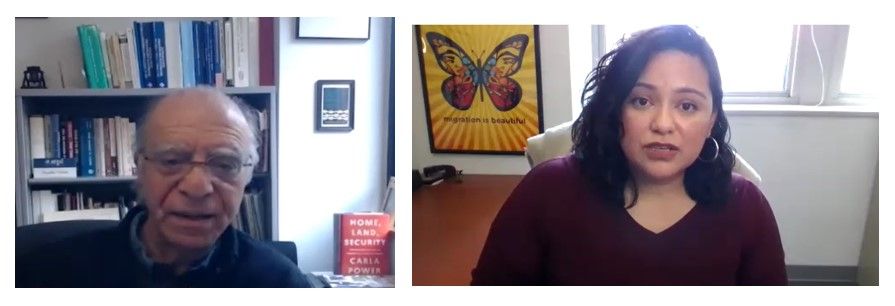New Jersey Responding Well to New Immigration Crisis
With some 50,000 immigrants and asylum-seekers arriving to the New York and New Jersey areas, the NJ Office of New Americans helps people access services.

With some 50,000 immigrants and asylum-seekers arriving to the New York and New Jersey areas, the NJ Office of New Americans helps people access services.
